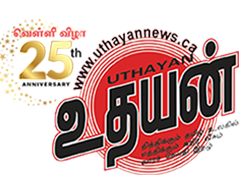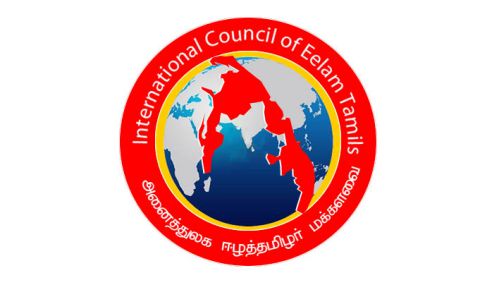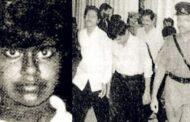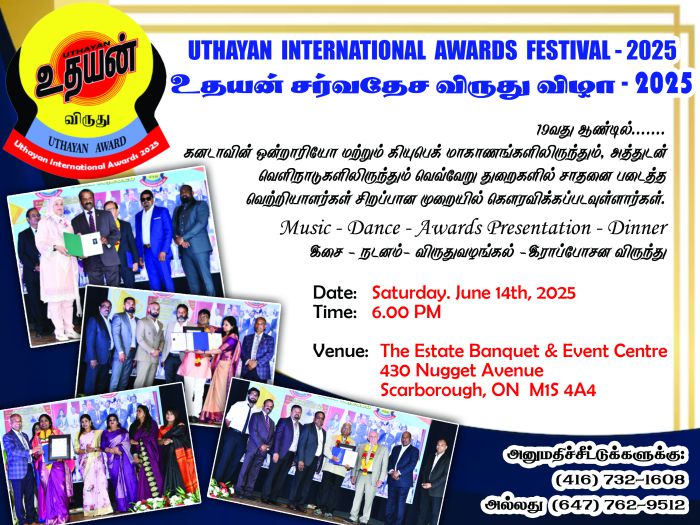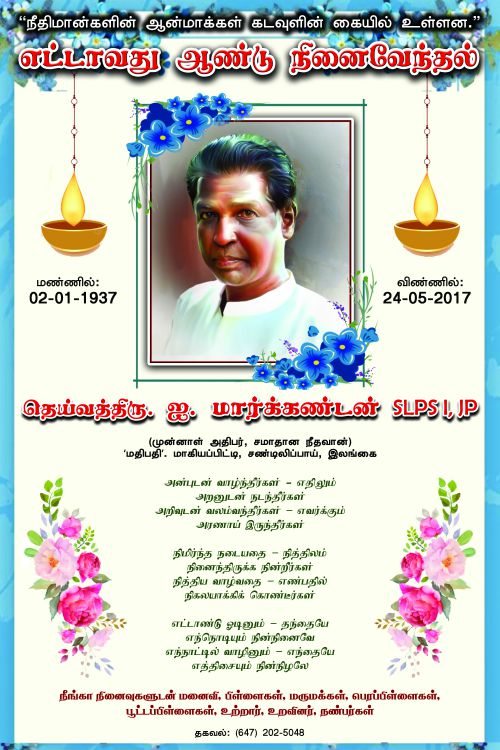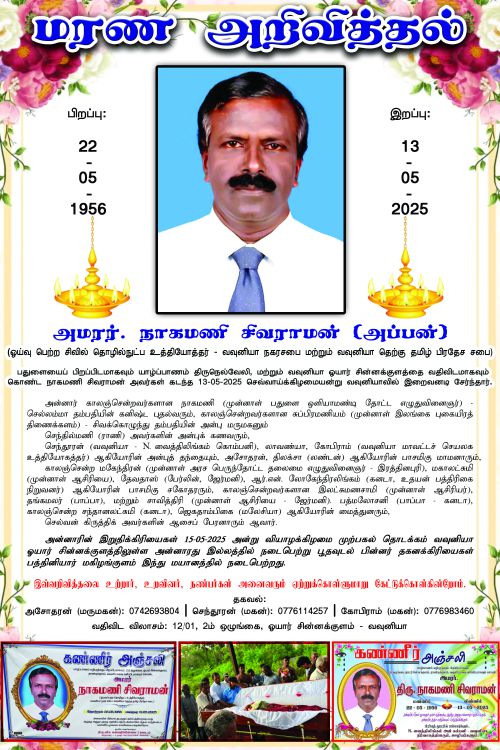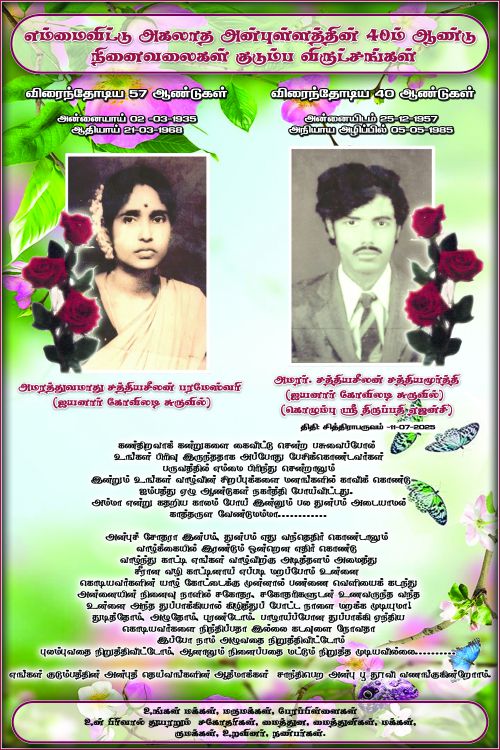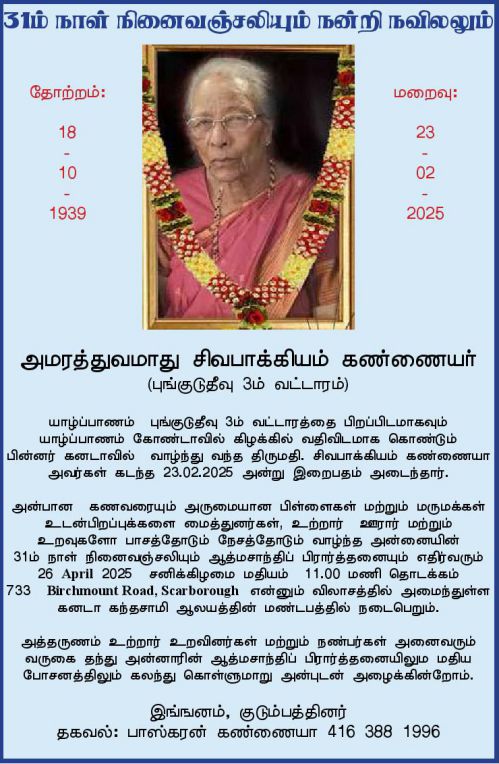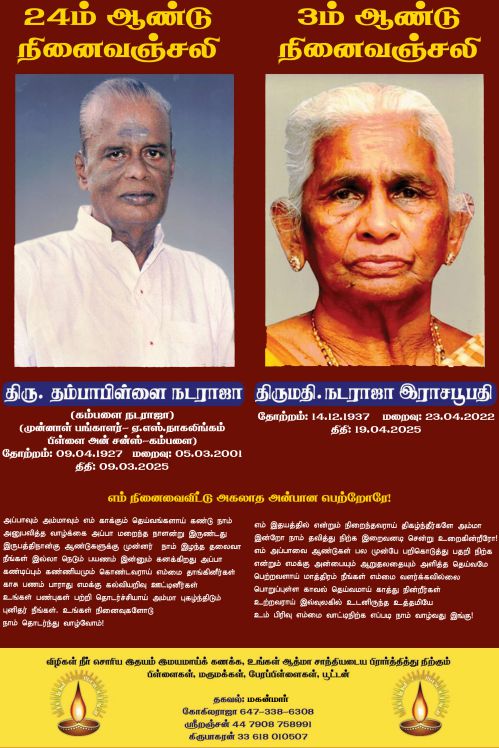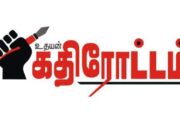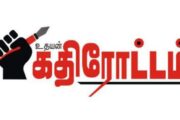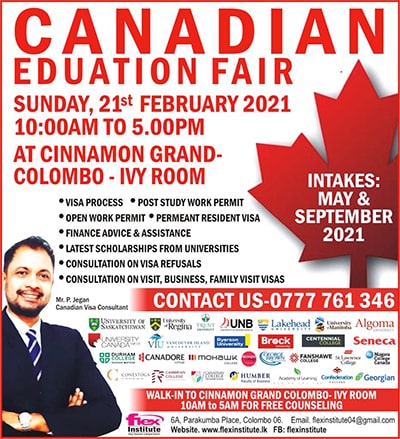May 18th, proclaimed as the “Tamil Genocide Remembrance Day,” marks 12 years since the worst massacre of innocent Tamils at Mullivaaikaal in the Northeast of Sri Lanka. Estimates from the UN and independent sources suggest more than 75,000 innocent civilians were killed during the last phase of the war. Since May 2009, the Tamil cause appears hopeless as more than 146,679 Tamils are still unaccounted for.
Sri Lanka President Gothabaya Rajapakse, a credibly accused war criminal, continues to appoint other war criminals from the armed forces to important civilian positions of authority to have a stranglehold on the Tamil population in the North and East of Sri Lanka. Using the Prevention of Terrorism Act (PTA), 1979, tens of thousands of Tamil political prisoners have been incarcerated for decades without any charges. The PTA violates international human rights laws and has been used to terrorize Tamils by arrest and indefinite detention for decades merely on suspicion by mostly Sinhalese Police and Armed Forces of the Government of Sri Lanka. The relatives of the missing Tamils have been conducting continuous roadside vigils for the past four years to bring attention to their plight.
As the 2021 UNHRC High Commissioner’s Report rightly points out, the Sri Lankan governments’ actions have clearly shown that Tamils cannot expect justice or protection within Sri Lanka. The appointment of credibly accused war criminals to civilian positions of power in Tamil areas underscores the defiance of Sri Lanka. The continuing arrests and intimidation of Tamil human rights defenders show the impunity enjoyed by Sri Lanka Police and Armed Forces, provides no hope for the safety of Tamils within Sri Lanka. These blatantly discriminatory judicial systems within Sri Lanka cannot deliver justice to the Tamil victims and necessitate an International Judicial Mechanism like the International Criminal Court.
Over the past seven decades, the genocidal pogroms of the Sri Lankan state caused the persecution of innocent Tamil people, causing over a million Tamils to flee the island seeking refuge elsewhere. These pogroms prove the ongoing Tamil Genocide on the island. The accelerated pace with which the Sri Lanka Archaeological Department, Forest Department, and Wildlife Department are grabbing Tamils’ lands and then “surreptitiously planting Buddhist artifacts” to justify the land appropriation is another example of the ongoing Tamil Genocide.
The Universal Declaration of Human Rights Article 1 states that “All human beings are born free and equal in dignity and rights. They are endowed with reason and conscience and should act towards one another in a spirit of brotherhood.” The UDHR Article 1 rings hollow for the Tamils in Sri Lanka. We request the signatories of the United Nations Charter to take responsibility to bring the Sri Lankan Government to an International Judicial Mechanism. The situation is so dire, continuing failure to take action means complicity in the crime of Tamil Genocide in the island of Sri Lanka. Joining together as a community for peace and justice everywhere, we will remember, commit, and ensure such a tragedy is never repeated and affirm to work towards justice, security, and long-term peace for the Tamils in the island of Sri Lanka.
-International Council of Eelam Tamils (ICET)-
